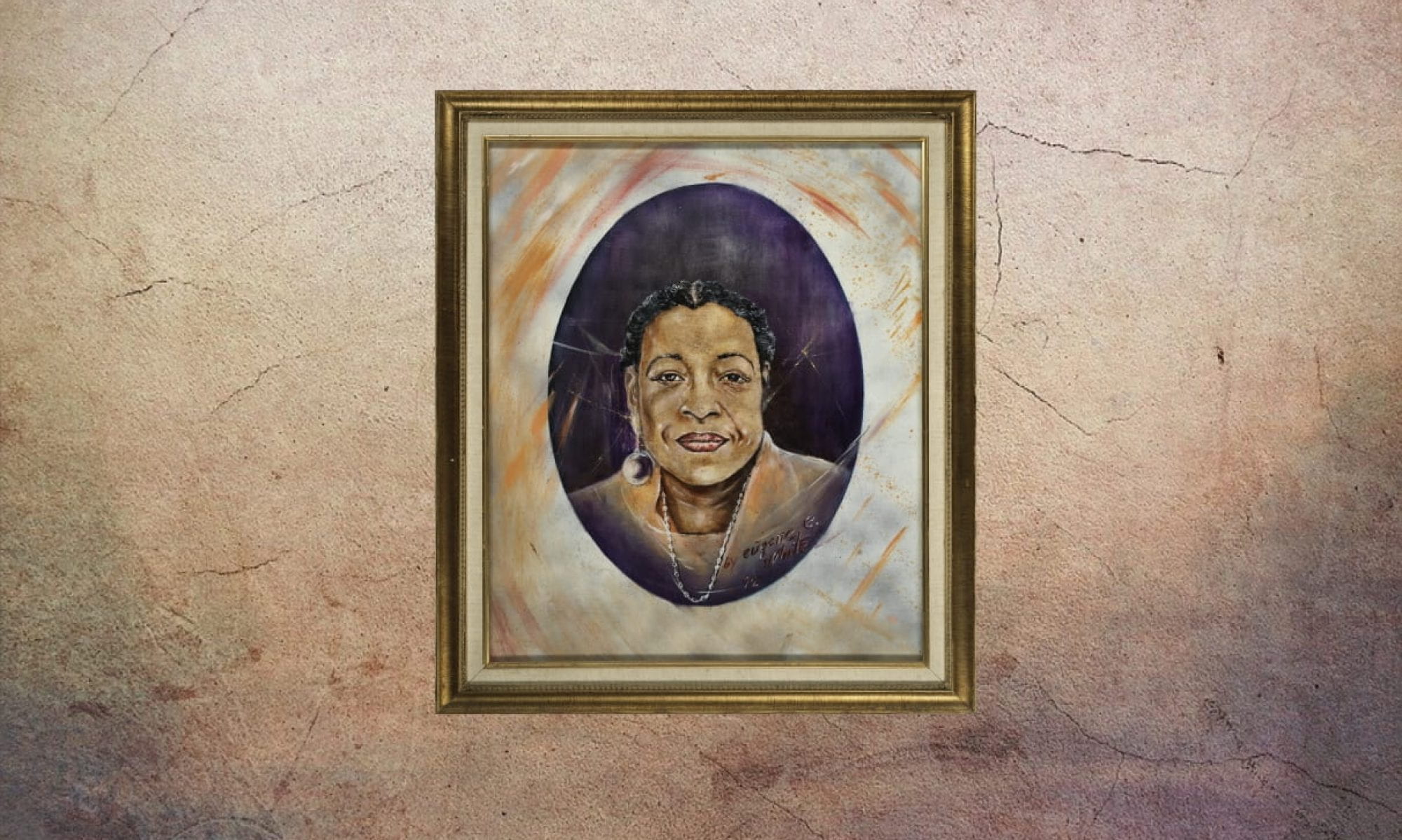
Civil rights activist and entrepreneur Earl H. White was born in the small city of Muskogee, Oklahoma, in 1934. Around the age of ten, White moved to San Francisco. He received a bachelor’s degree in business administration from the University of San Francisco in 1963. White continued his higher education at Pepperdine University, earning a master’s degree in business administration in 1975. He would later go on to acquire a doctorate from Washington International University in 1981. White was one of the most prominent leaders in the African American business community, helping many people through his entrepreneurial endeavors.
Throughout the 1960s and 1970s, White was the director of the San Francisco Model Cities Program, a series of programs designed to help those living in poverty. As director, he oversaw and assessed 21 projects that were worth $7.5 million. Also in 1971, White founded E.H. White, Inc., a financial consulting firm. The company created databases for San Francisco’s Purchasing Department and Human Rights Commission, which documented women and minority involvement in business enterprises. The company created contracts for the San Francisco Public Utilities Commission, Bay Area Rapid Transit (BART), San Francisco General Hospital, and Bechtel Corporation. These endeavors prioritized engineering, construction, and project management goals. In 1989, White became the Chief Administrative Officer and Principal of Systems Support Technologies—a position he served in for eleven years.
Earl White served as President of the San Francisco Black Chamber of Commerce.
White immersed himself in the San Francisco community, finding any way he could to positively impact people’s lives. He led the United States Black Chamber of Commerce from 1981 to 1985, representing and promoting African American business owners in the Bay Area. In 1995, White assumed the responsibilities of President of the San Francisco Black Chamber of Commerce (SFBCC).
One of the primary tasks that White faced as a Republican President of the Black Chamber of Commerce was his conflict with California Governor Pete Wilson. Wilson, in an effort to advance his Republican political agenda in a Democrat dominant state, was trying to garner attention from Republican politicians in other states; in order to accomplish this, he continued to abolish race- and gender-based affirmative action policies at the University of California at Berkeley. White responded to this by threatening to abandon the GOP, calling Wilson’s actions a disgrace to Bay Area politics.
The SFBCC, under White’s leadership, was able to stir up the political and business worlds in the city. Wells Fargo, in 1998, initiated a $1 billion loan program nationwide to aid the success of small African American businesses. The SFBCC led the initiative over a span of 12 years and the Bay Area received a massive portion of these funds, nearly 10% of the total holdings, due to their efforts. In the year 1999, the National Minority Supplier Development Council received a citywide proposal changing the basis for minority-led business criterion; for a business to be considered minority-owned, it would need to only be run by 30% minority workers rather than the usual 51%. However, White argued that it was part of the larger plan to try and destroy affirmative action in city politics. In May of 2000, Earl H. White passed away after a battle with colon cancer at the age of 66, leaving behind an extensive legacy in the city of San Francisco.
As Dr. Caesar Churchwell, President of Black Leadership Forum San Franciscans for Better Government said, “[Earl White] really wanted to see African Americans empowered—he wanted us to be more involved in the economy. He volunteered many long hours of his time to work for economic empowerment. Earl was a leader that will be sorely missed in the community.”
As Harry Alford, President and Chief Executive Officer of the National Black Chamber of Commerce in Washington, D.C., expressed: “San Francisco has lost a great advocate. We have truly lost a great leader in the African American business community. It’s sad. He had been working on [computer technology] long before anyone knew about the Internet. For 30 years, he had been involved in technology issues—all the way back when IBM had those big mainframes . . . Earl was a trooper.” This eloquent expression of Earl White’s impact demonstrates his legacy as a changemaker.
— Luigi Aieta, Althea Pyle, and Marcelo Swofford
Works Cited
Johnson, Jason. “Protest Over Plans to Ease Rules on Minority Contracts.” SF Chronicle. 27 Nov 1999.
Johnson, Jason. “Wells Establishes $1 Billion Loan Program.” SF Chronicle. 20 Jun 1998.
Ferriss, Susan. “GOP Driving Away Minority Supporters.” SF Chronicle. 30 Jul 1995.
“S.F. Business, Civic Leader Earl H. White.” SFGate. 18 May 2000.
Zamora, Jim Herron. “Earl H. White Worked for Blacks’ Prosperity.” SFGate. 15 May 2000.
